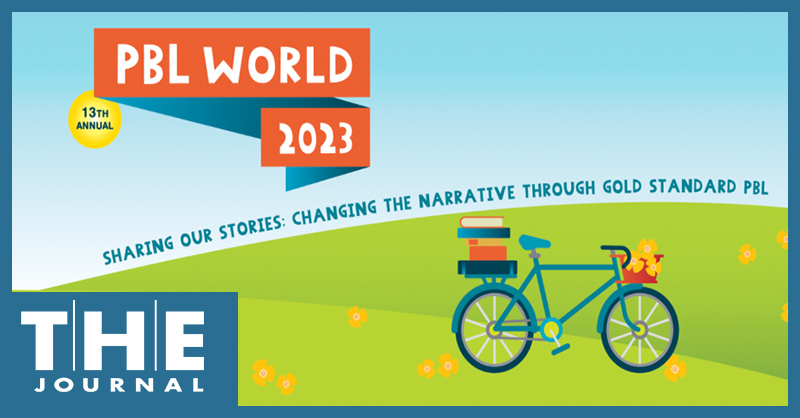
PBLWorks has opened registration for its annual project-based learning professional development conference and awards to be held June 26-29, 2023, and the discounted early bird registration deadline is Dec. 30, 2022 for the annual event whose 2023 theme is “Sharing Stories of High Quality Project Based Learning.”
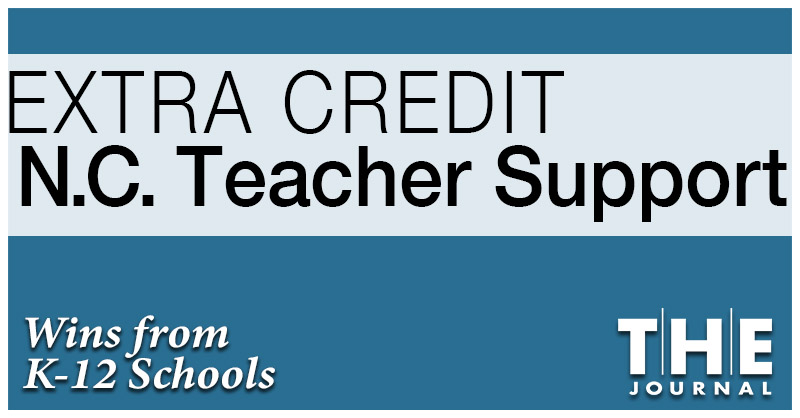
When COVID-19 prevented in-person coaching, observing, and co-teaching, the North Carolina New Teacher Support Program started using video and continued in full force, with over 1,000 teachers participating in the 2020–21 school year and the program has continued growing, with nearly 1,400 teachers participating this school year — data shows it is indeed helping the state retain teachers.
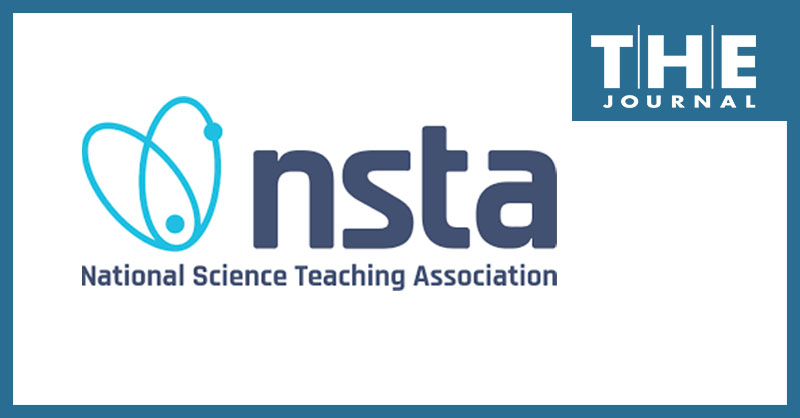
The National Science Teaching Association is accepting nominations through Dec. 21, 2022, for its annual teacher awards, with grant prizes totaling over $60,000. The awards recognize informal and classroom educators, researchers, new teachers, longtime teachers, and more.

SXSW EDU has unveiled nearly half of the lineup for the 2023 event scheduled for March 6–9, 2023, in Austin, featuring topics considered the most pressing in education, the organization said, after more than 1,200 proposals were whittled down by conference organizers and voting through PanelPicker.
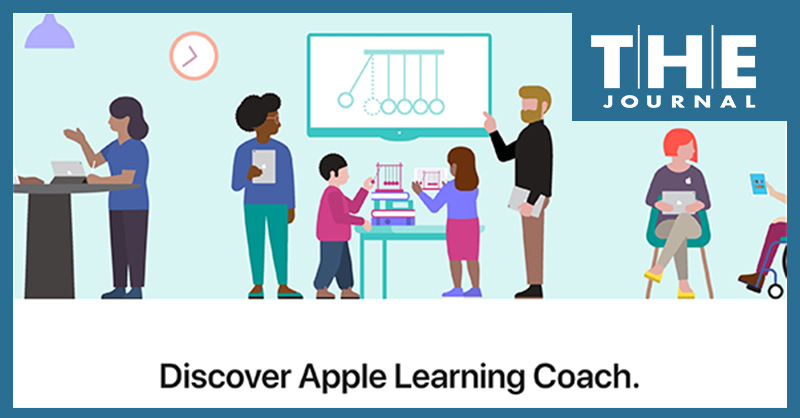
Apple recently announced a number of updates and new resources for K–12 educators, including new instructional resources emphasizing project-based learning, creativity, and collaboration, as well as professional learning opportunities.
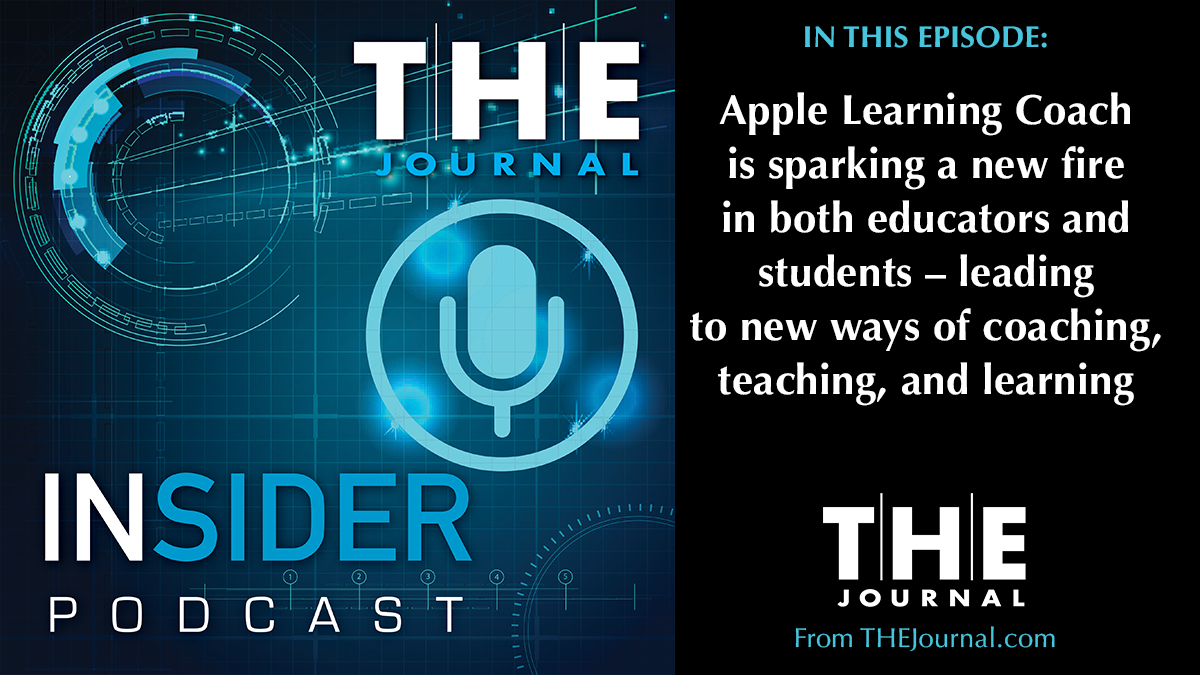
THEJournal.com editor and host Kristal Kuykendall visits with several K–12 educators, instructional coaches, and education technology specialists who participated in the Apple Learning Coach pilot program before it was launched publicly this past March and they share deep insights and inspiring stories about how ALC has been a change agent at their schools: from helping spark new enthusiasm among students and teachers, and improving the frameworks of existing teacher coaching programs, to building technology-powered instruction that dramatically increases student engagement, creation, and collaboration.
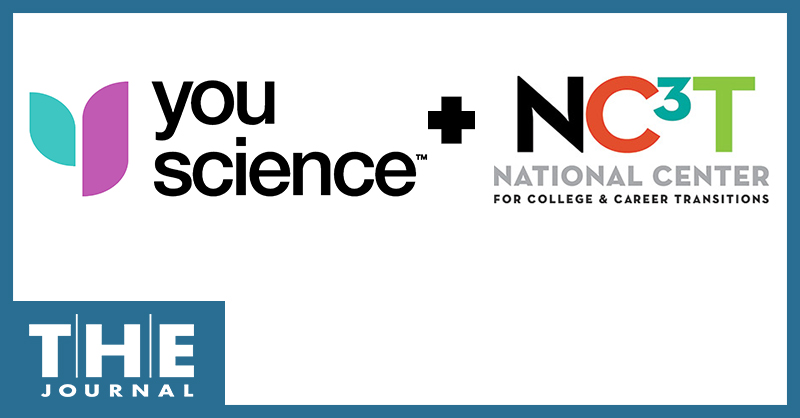
Aptitude assessment and CTE solutions provider YouScience has acquired the National Center for College and Career Transitions, or NC3T, expanding YouScience’s ability to help K–12 students find and prepare for the career and college options that best fit their interests and abilities, according to a news release.
Vector Solutions, a company that provides education and industry training courses, announced it has added eight new courses to its stable of education courses for K–12 schools. The courses address key areas of cybersecurity awareness for education leaders and employees and include topics such as creating a cybersecurity culture, preventing social engineering attacks, laws and compliance, best practices, and more. Information about the courses will be available starting Oct. 1, 2022.
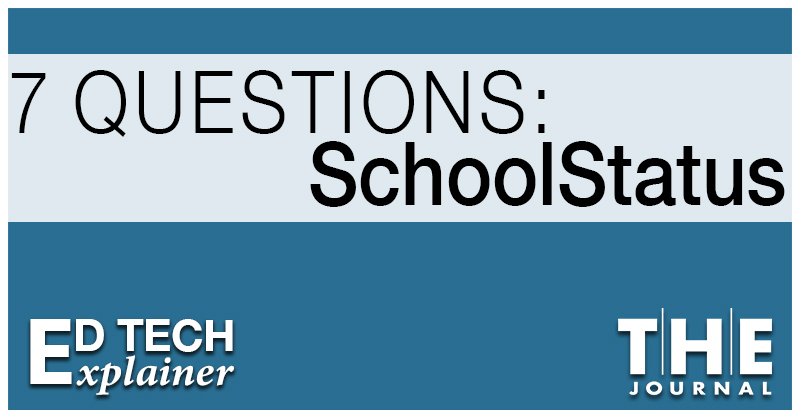
THE Journal’s “7 Questions: Ed Tech Explainer” series gives ed tech leaders an opportunity to summarize their solution(s), explain how their product helps educators and schools, and give a quick overview for K–12 decision-makers — sort of an extended (but not too extended) elevator pitch. For this installment, SchoolStatus Founder and CEO Russ Davis explains how SchoolStatus works in a school tech ecosystem, how it helps educators and students, and how it's pivoted over the past year.
Learning technology company HMH this week introduced a host of enhancements to Ed, its teaching and learning platform, including integrations with Google Classroom and Clever and improvements to its core, supplemental, and intervention solutions and professional learning services, according to a company blog post.